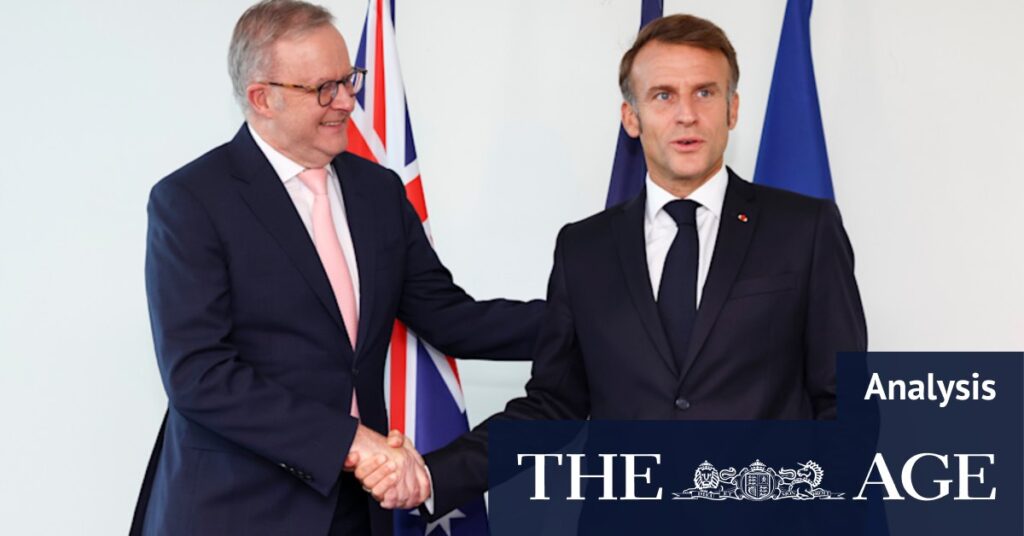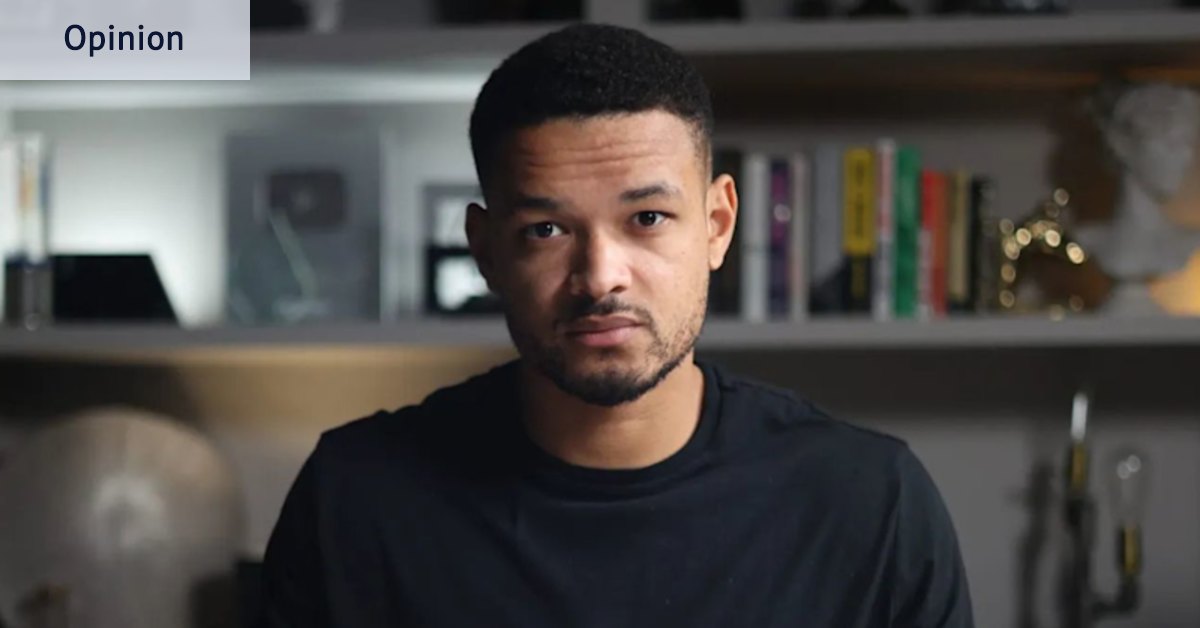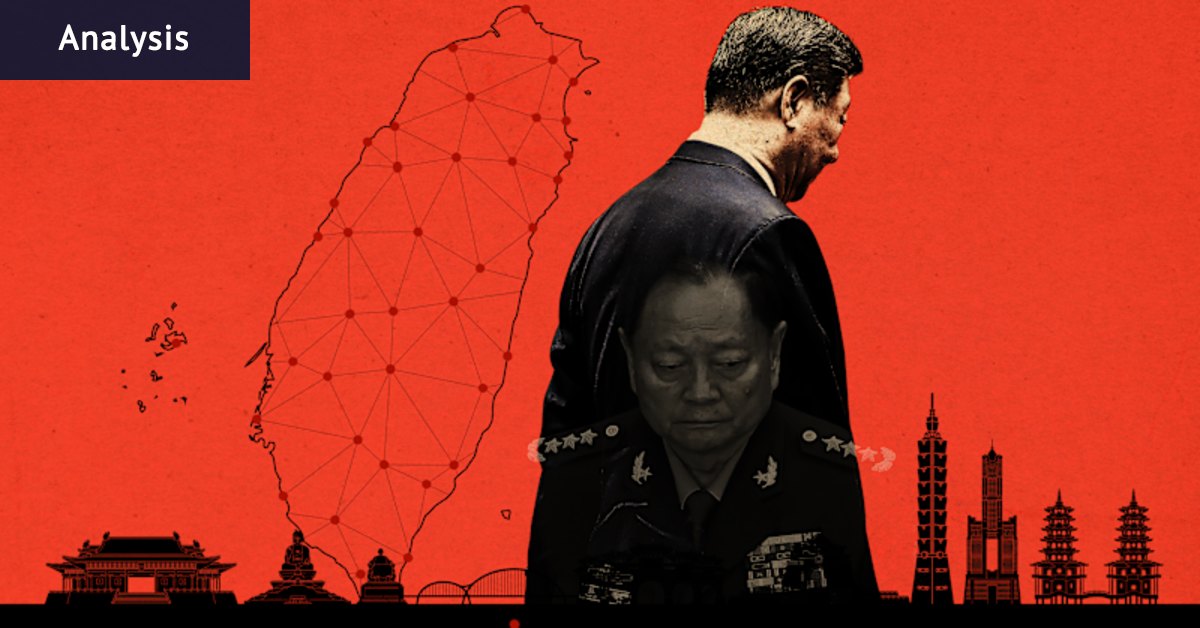
“We take the world as it is, but we seek to shape it for the better.” This has been Penny Wong’s guiding foreign policy mantra since before Labor returned to power in 2022, a dictum that seeks to fuse the two competing strands of international relations: realism and idealism.
The two-state solution conference co-hosted by French President Emmanuel Macron on Tuesday morning, Australian time, at United Nations headquarters in New York was heady with idealism. World leaders, including Anthony Albanese, rose to the podium to speak about their goal to shape the world for the better by advancing the cause of Palestinian statehood. Hard-headed realism was in shorter supply. For three hours of lofty speech-making, the grim reality of the world as it is often vanished from view, smothered by visions of a peaceful future.
Macron’s Diplomatic Push
Macron entered the General Assembly to a rock star reception, relishing his role as a global statesman. In July, he announced his intention for France to become the first G7 nation to recognise Palestine. The move was intended to pressure other countries to follow suit. It worked. Canada, the United Kingdom, Australia, Belgium, Portugal, Luxembourg, Monaco, and Malta all joined the push. Macron also worked closely with the 22-nation Arab League on a historic declaration calling for Hamas to demilitarise and renounce any claim to govern Gaza. These are significant diplomatic achievements, a testament to Macron’s charisma and energy.
“The time for peace has come because we are only moments away from no longer being able to seize it,” Macron said in his impassioned opening speech to the conference. “That is why we are here today. Some will say it is too late, others will say it is too soon. One thing is certain, we can no longer wait.”
Who could blame Macron, Albanese, and other frustrated leaders for seeking a new direction when Israeli Prime Minister Benjamin Netanyahu refuses to stop pummelling Gaza after almost two years of war and no longer even pretends to be open to a two-state solution?
Albanese’s Optimistic Vision
Hope is a powerful force in diplomacy, preventing despair and apathy. It can be dangerous, though, if it becomes untethered from reality. While noting previous attempts to achieve a two-state solution had failed, Albanese used his speech to urge world leaders to seize a historic “moment of opportunity”. At times his optimism veered into magical thinking, like when he hailed the Palestinian Authority’s commitment for Hamas to hand over its weapons and relinquish control of Gaza. The Palestinian Authority, dominated by the Fatah party founded by Yasser Arafat, has no ability to make promises on behalf of Hamas, a more militant rival that drove it out of Gaza in a 2007 civil war.
Albanese also held up the Palestinian Authority’s commitment to “hold democratic elections and undertake wholesale reform to governance, finance and education”. Those promises should be viewed with scepticism. As veteran Middle East negotiators Hussein Agha and Robert Malley, who represented Palestine and the United States respectively, write in Tomorrow is Yesterday, a new book on failed efforts to achieve a two-state solution:
“Corruption has become the Palestinian Authority’s soul, blood to its veins and oxygen to its lungs… To genuinely reform the PA would be to kill it.”
Albanese also spoke of Hamas being permanently disarmed and driven out of the region “once and for all”, an ambition much easier to espouse than it is to deliver.
Challenges and Absences
The conference had crucial absentees: Israel and the United States. Both fiercely oppose moves to unilaterally recognise Palestine. The Trump administration even denied a visa to Palestinian Authority President Mahmoud Abbas to address the UN in a flagrant breach of convention.
It’s a far cry from the 1990s when an Israeli prime minister was willing to make historic concessions (Ehud Barak), Palestine had an empowered, revered leader (Arafat), and an American president was committed to achieving a peace settlement (Bill Clinton). Even then, efforts to achieve a two-state solution flamed out at the 2000 Camp David summit.
That’s why many veterans of the peace process are unimpressed by the latest attempt to revive the two-state solution. Aaron David Miller, who advised six US secretaries of state on the Middle East, has dismissed the efforts as “virtue signalling”, arguing that “the Middle East is literally littered with the remains of great powers, their schemes, their dreams, their ambitions, their peace plans”.
The Path Forward
Macron’s recognition push has been symbolically powerful, providing a shot in the arm for the discredited Palestinian Authority which, despite its flaws, is the only realistic alternative to Hamas. But there is no evidence it has improved the situation on the ground for Palestinians. In recent months, Netanyahu has intensified the war by moving to conquer Gaza City and has announced a major expansion of settlements in the West Bank.
“The Palestinian state is being erased from the table not by slogans but by deeds,” the far-right Finance Minister Bezalel Smotrich said in a chilling remark.
And now Netanyahu has doubled down on his opposition to a Palestinian state, declaring that it will “never happen”. He is an unpopular leader, but this is a popular sentiment in Israel following the shock October 7 attacks of 2023. A June poll by the Pew Research Centre found support for a two-state solution had sunk to a new low among Israelis, with just 21 per cent saying peaceful coexistence with a future Palestinian state is possible.
Netanyahu has vowed to go even further when he returns to Israel after a meeting with Donald Trump this weekend. Among the options under consideration: formally annexing parts of the West Bank and other ways to extend Israeli control in the occupied territory. This would be a disastrous outcome for both Palestinians and Israelis, deepening occupation and making the Jewish state an even bigger pariah on the world stage.
By recognising Palestine, Macron and Albanese have offered a much-needed antidote to apathy. The depressing lesson of the Israeli-Palestinian conflict, however, is that good intentions don’t always lead to good outcomes. Just because things are bad doesn’t mean they can’t get worse.





